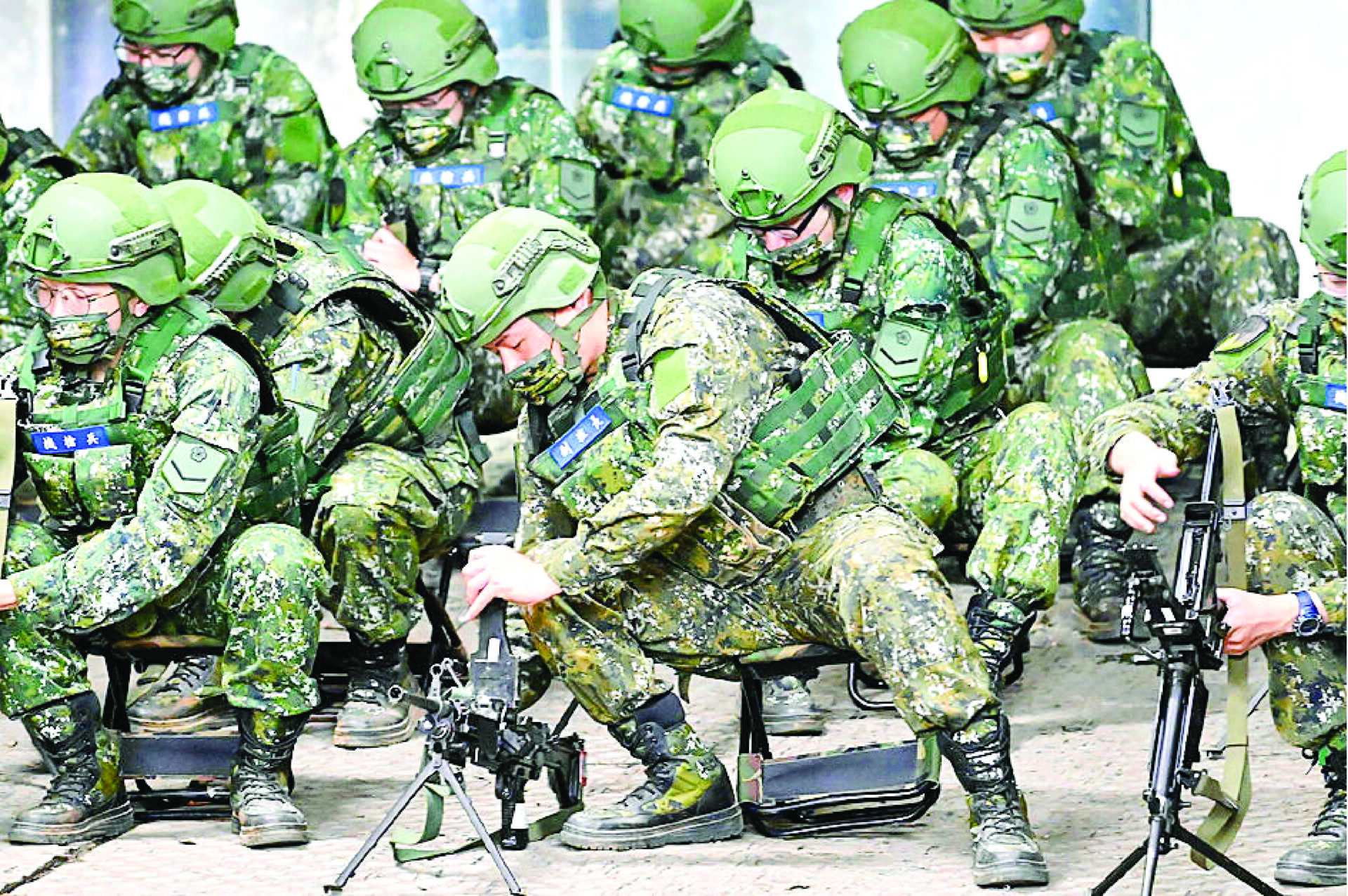Taiwan must first increase its defence budget. Current spending, which amounts to roughly 2% of the nation’s GDP, is insufficient.
In light of the escalating geopolitical tensions in the Asia-Pacific region, it has become increasingly clear that Taiwan must take decisive steps to bolster its military capabilities. As an island nation facing constant pressure from an assertive China, Taiwan’s security is paramount to maintaining regional stability and safeguarding its vibrant democracy.
For decades, Taiwan has managed to maintain a delicate balance between enhancing its defensive capabilities while not provoking its larger neighbour. However, recent events, such as China’s increased military presence in the Taiwan Strait and its unrelenting political pressure on Taiwan, have made it evident that this status quo is no longer sustainable. Taiwan must now embrace a proactive approach to its defence strategy by investing in comprehensive military modernization to ensure its survival as a free and independent nation.
To achieve this goal, Taiwan must first increase its defence budget. Current spending, which amounts to roughly 2% of the nation’s GDP, is insufficient to counter the rapidly expanding military capabilities of the People’s Liberation Army. A significant budget increase would enable Taiwan to procure cutting-edge weaponry, develop indigenous defence systems, and boost the effectiveness of its military personnel.
Taiwan’s armed forces should also prioritize asymmetric warfare capabilities. This entails developing methods and strategies that would make it too costly for China to pursue military action. These could include investments in advanced anti-ship missiles, drone technology, electronic warfare systems, and coastal defence infrastructure. Such measures would significantly enhance Taiwan’s ability to deter and, if necessary, repel a potential Chinese invasion.
Moreover, Taiwan must deepen its security partnerships with like-minded countries. The United States has long been a crucial ally, providing arms sales and military training to Taiwan. However, Taiwan should also explore collaboration with other regional players, such as Japan, Australia, and India, to share intelligence, conduct joint military exercises, and exchange expertise. By fostering these ties, Taiwan can strengthen its deterrence posture and reduce the likelihood of Chinese aggression.
Lastly, Taiwan should cultivate a stronger domestic defence industry. Indigenous defence capabilities would not only reduce reliance on foreign suppliers but also enhance Taiwan’s economic growth. By investing in local research and development, Taiwan can create high-skilled jobs and spur technological innovation, all while strengthening its national defence.
In conclusion, Taiwan’s security situation has become increasingly precarious, making it imperative for the nation to fully arm itself in the face of mounting Chinese pressure. Through increased defence spending, a focus on asymmetric warfare, deeper international security cooperation, and the development of indigenous defence capabilities, Taiwan can fortify its defences and secure its future as a beacon of democracy in the Asia-Pacific region.
*The Dalai Lama’s nephew, Khedroob Thondup is a geopolitical analyst.

